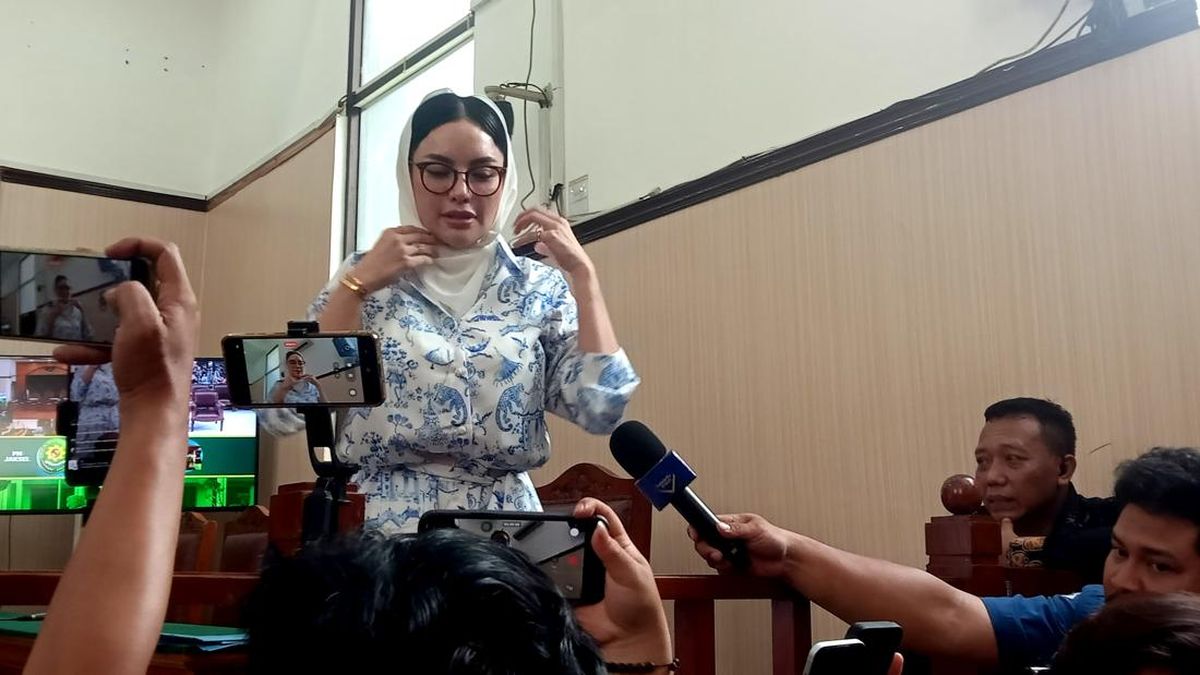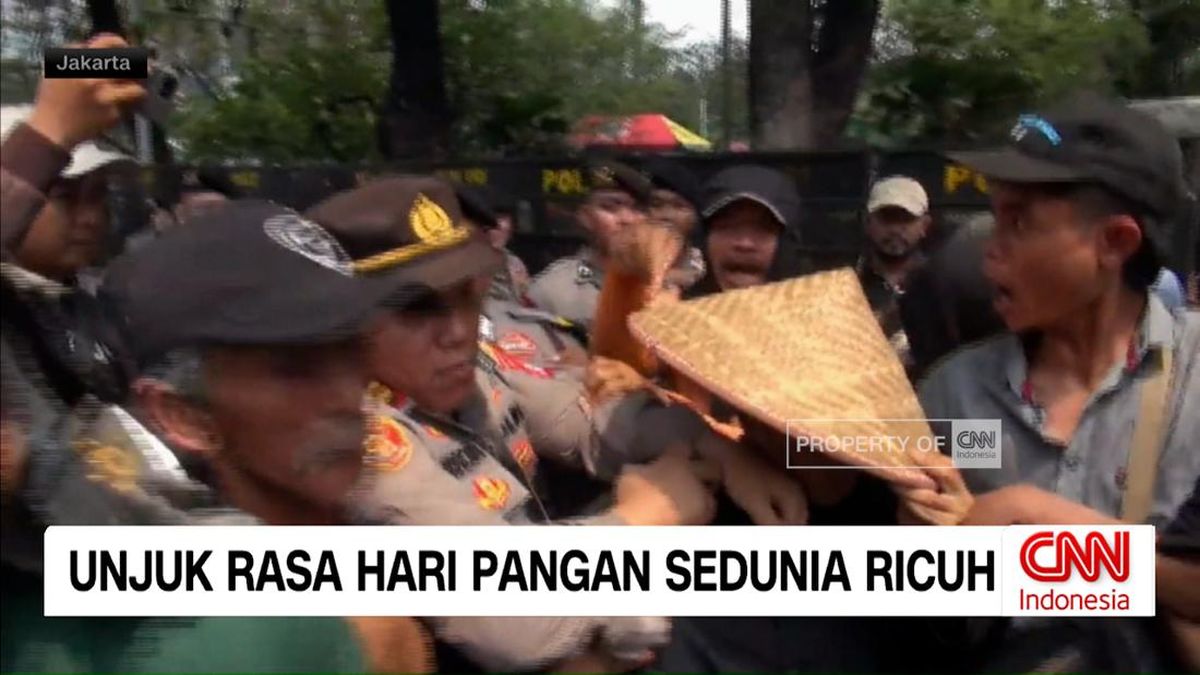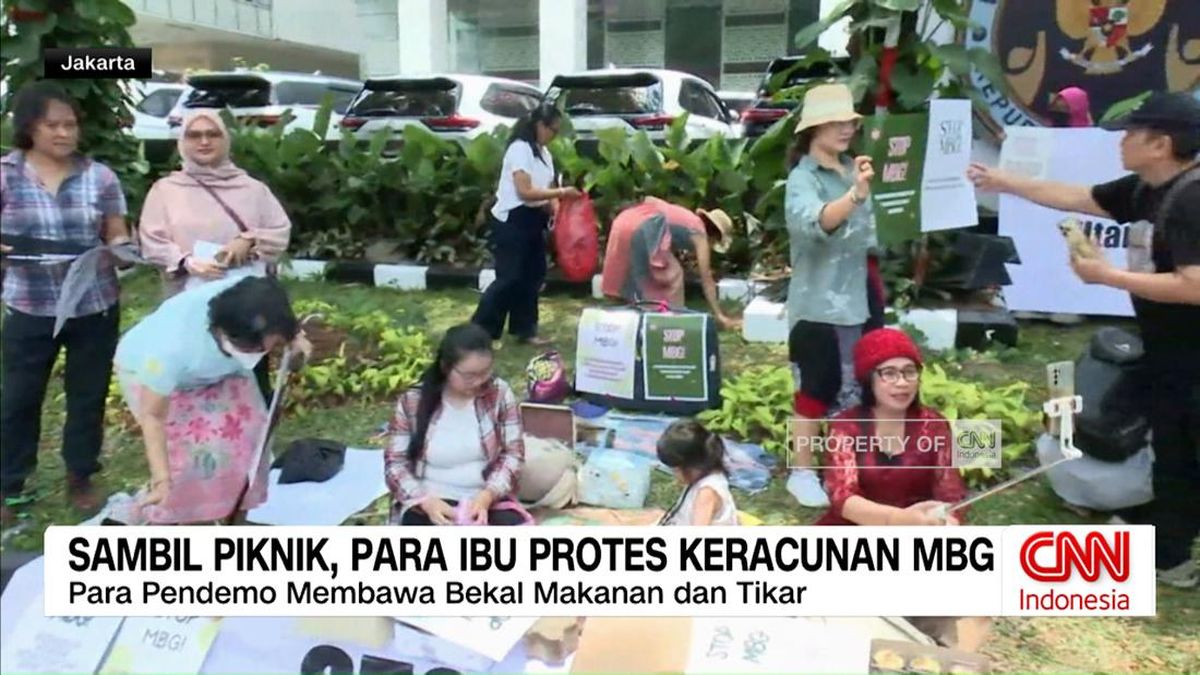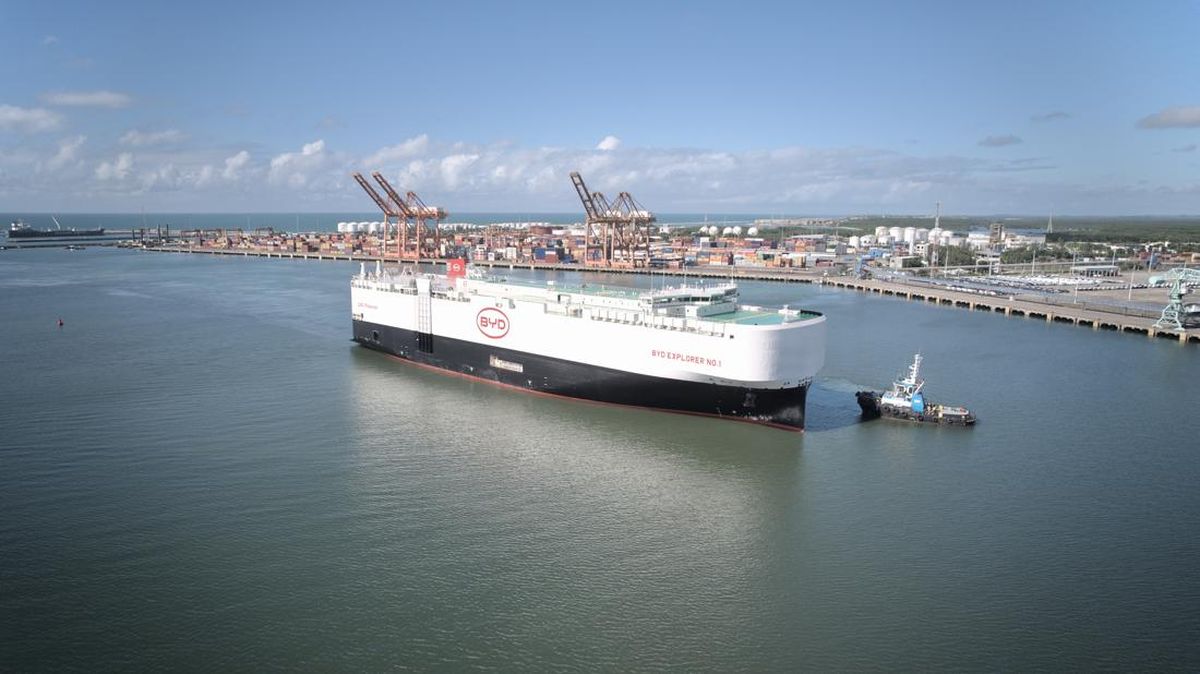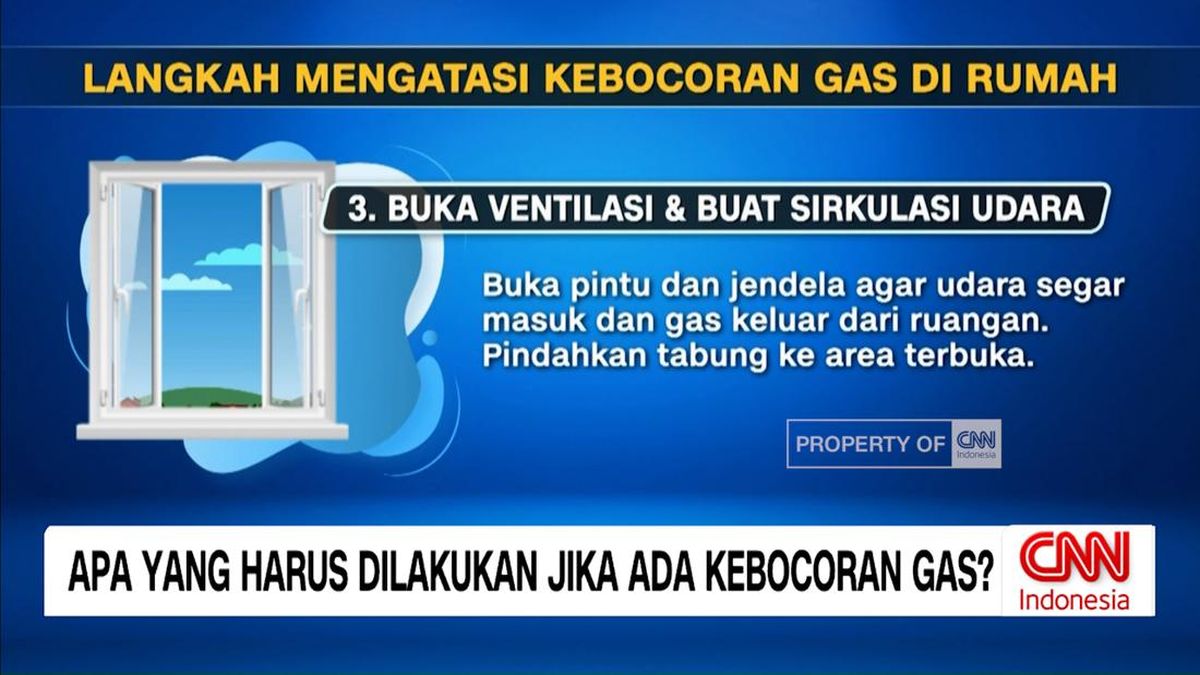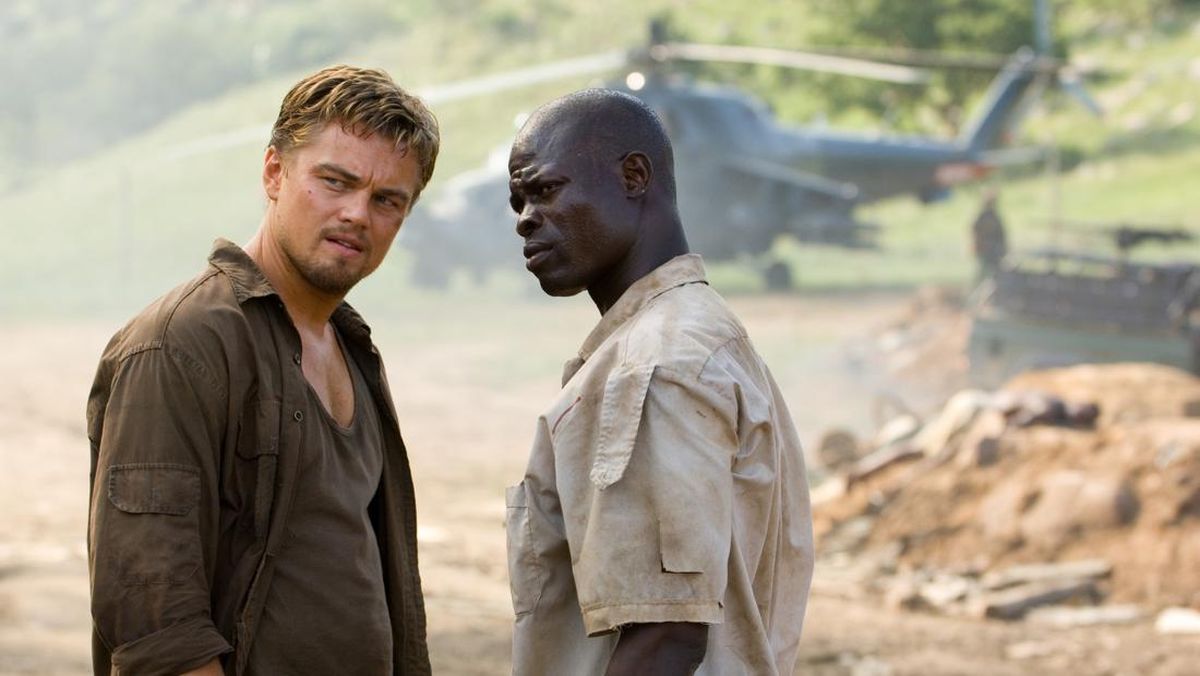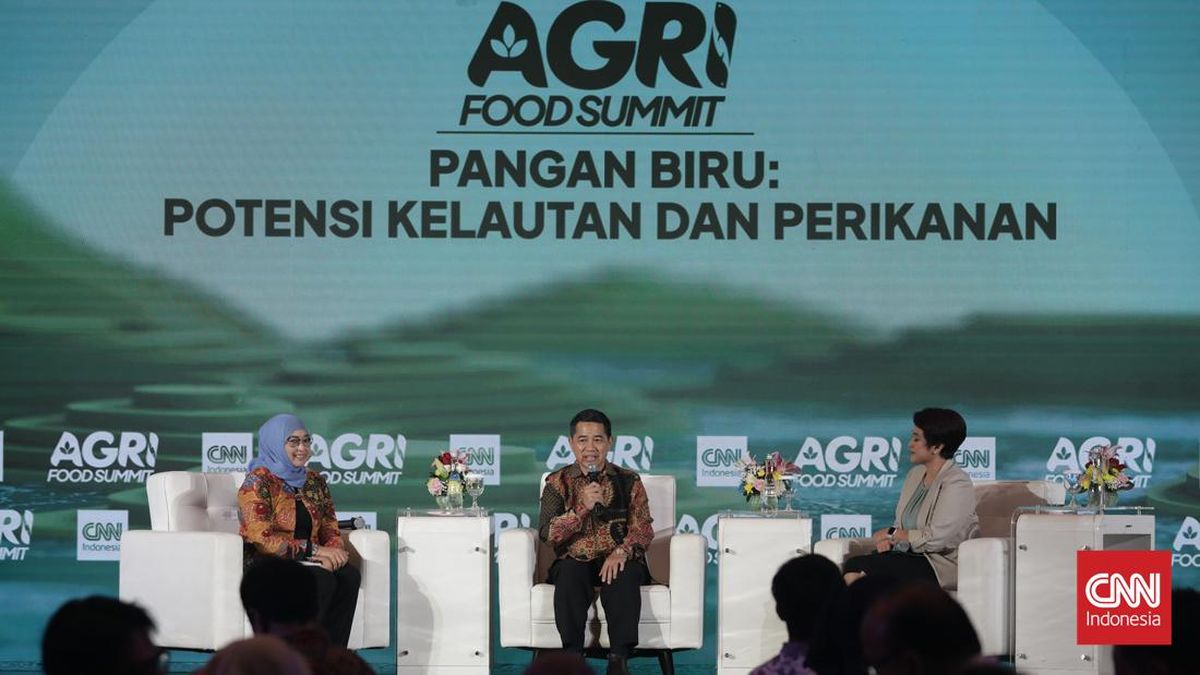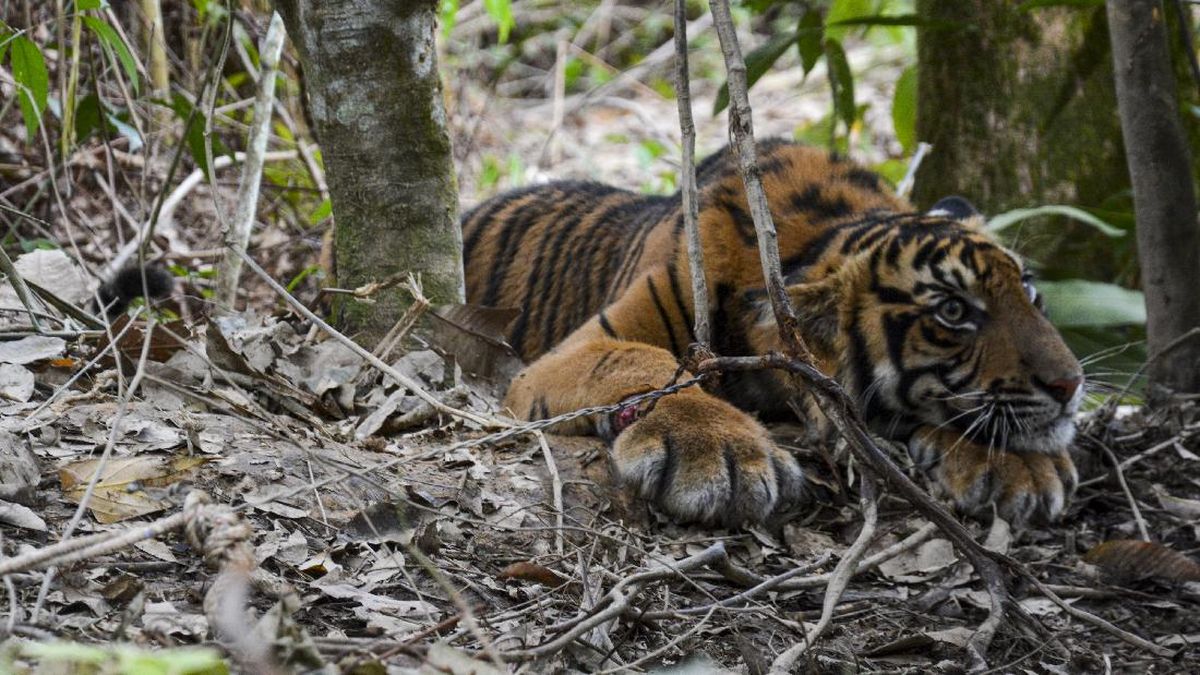Australia’s richest genre literary prize a tie between Tasma Walton and Robbie Arnott
The judges for this year’s Historical Novel Prize were so taken with two of the shortlistees that they have awarded joint winners: Robbie Arnott for his novel Dusk and actor and author Tasma Walton for her novel I Am Nannertgarrook.
The richest single genre literary prize in Australasia awards $100,000 to an adult novel, and this year the money will be split between Walton and Arnott.

Walton’s novel draws on the story of her great-great-great grandmother.Credit: Frances Andrijich
Walton, whose novel tells a fictionalised account of the life of her great-great-great-grandmother, Nannertgarrook, said the award was “a very, very pleasant shock”.
She said she had spent “many, many years” researching I Am Nannertgarook, trawling through colonial records and diaries and speaking with her family members to learn the real story of how Nannertgarrook was kidnapped and sold into slavery by sealers in the 1830s. “I’ve spent a long time piecing the story together in mind,” Walton said. “I’ve always felt a connection with her, almost like her presence in my life, and it became clear to me that I was, in a way, being called to tell this story, on her behalf.”
Angelo Loukakis, chair of the award’s adult category judging panel, described Walton’s novel as challenging readers with an “empathic narrative” about truths of First Nations’ historical experience. “She relates a story of abduction and suffering, resilience and survival – and tells of the power that lies in Indigenous remembering and belonging,” Loukakis said.
Arnott, whose book fourth novel Dusk follows twin siblings hunting a puma in Tasmania’s highlands, was also shocked when he learnt he’d won.

Robbie Arnott, whose novel Dusk touches on similar themes to Walton’s.
“I assumed this book wouldn’t be eligible because there are lots of imaginative elements in it, so it’s amazing, and I’m very thankful to the judges and the organisers of the award.”
Arnott agreed the winning novels were complementary. Set in an unspecified time period in the last 19th century, Dusk shares some parallels with Walton’s; both deal with colonial violence. “There’s a scene in each book that almost mirrors each other’s – the sealers who do all these terrible things to Tasma’s ancestors appear in Dusk, raiding the northern coast of Tasmania; they were the same people,” he said.
The judges praised Arnott’s novel for boldly building on the historical fact of white Australia’s destructive exploitation of the land, “to imagine and present us with a skilfully narrated, symbolic as well as grounded tale of the role of personal ambition and private gain in this continent’s fate”.
Loading
Children’s author Suzanne Leal won $30,000 for the children and young adult category of the award, for her World War II novel The Year We Escaped, and Emily Maguire won $5000 for being the first winner in the new readers’ choice category for Rapture.
Previous winners include Melissa Lucashenko, Tom Keneally, and Katrina Nannestad. This is the first time the prize has been jointly awarded, the judges stating that they don’t see that outcome as a problem, but rather “a moment for celebration of the sheer diversity of this year’s winners and of the individual achievements of our two winners”.
As Arnott, who said he was thrilled to be sharing the prize, said, “things are always nicer when they’re shared, aren’t they?”
Most Viewed in Culture
Loading



